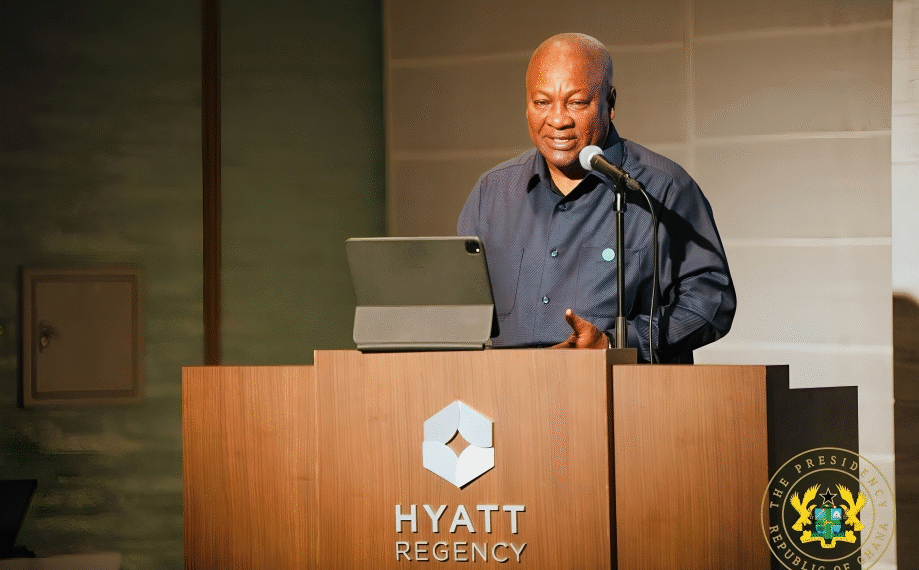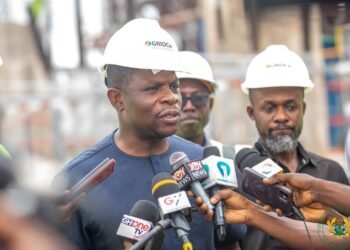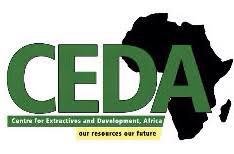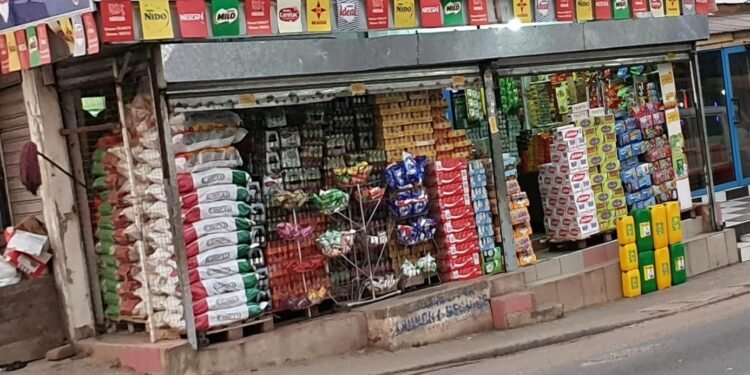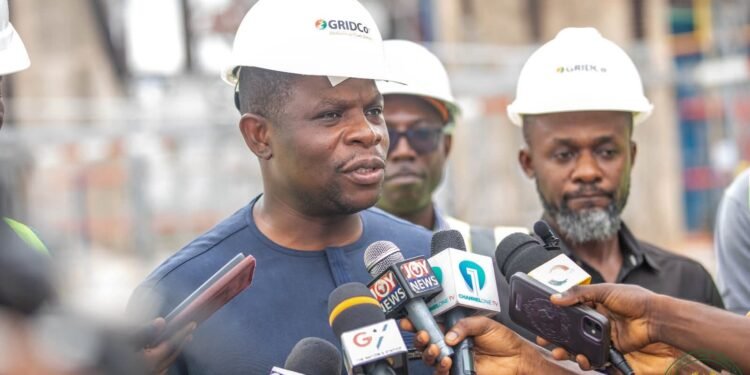President John Dramani Mahama has reaffirmed Ghana’s ambition to position itself as a regional energy hub, citing the nation’s strong comparative advantage in electricity generation and transmission.
Speaking at the Ghana Presidential Investment Forum on the sidelines of the 9th Tokyo International Conference on African Development (TICAD IX), the President outlined Ghana’s unique energy journey and its potential to drive sustainable growth.
“One of the major areas of growth for Ghana is in energy. And Ghana has a comparative advantage when it comes to energy production.”
President John Dramani Mahama
Tracing Ghana’s energy history, the President highlighted the foresight of the country’s first leader, Dr. Kwame Nkrumah, who spearheaded the construction of the Akosombo Hydroelectric Dam, a landmark project that today provides 1,020 megawatts of clean power.
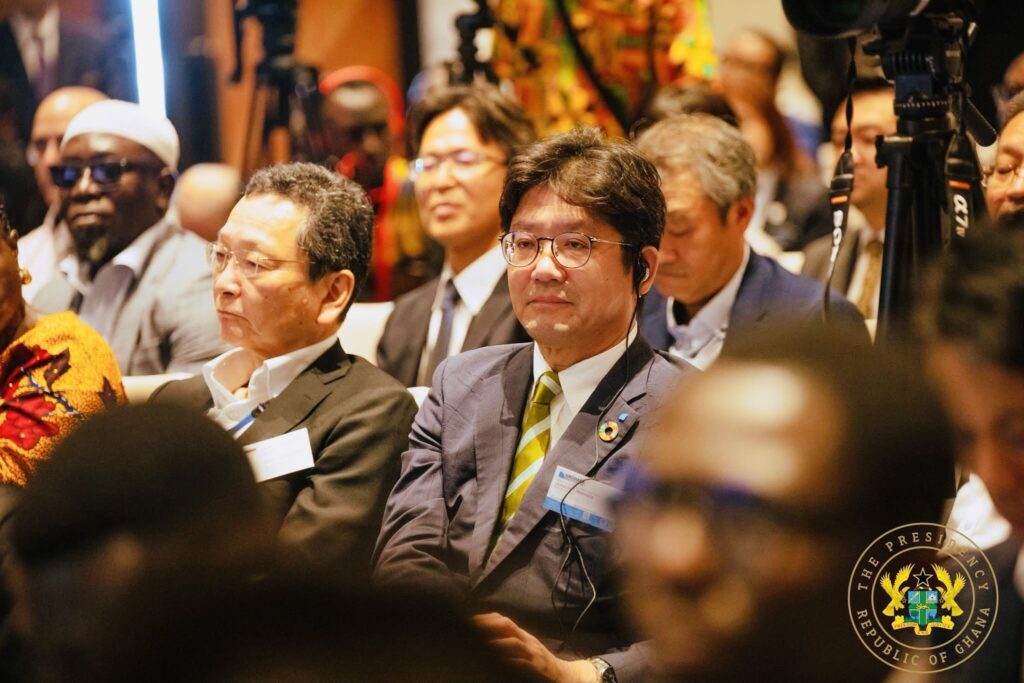
He added that subsequent governments expanded this foundation with the Kpong Hydroelectric Power Plant and the Bui Hydroelectric Power Plant, consolidating hydroelectric power as the cornerstone of Ghana’s early energy mix.
“So, there are three of them. But after a while, we realized that these hydro plants were not enough to supply the energy needs of Ghana. And so, we went into thermal production.”
President John Dramani Mahama
This shift proved timely, as Ghana simultaneously discovered significant oil and gas reserves, creating new opportunities for energy diversification.
Gas-to-Power Policy
According to Mahama, the discovery of hydrocarbons transformed Ghana’s energy landscape. Instead of relying heavily on expensive fuel oils, the government pursued a gas-to-power policy, directing natural gas resources into electricity generation.
“The good news is that once we went into thermal production, side by side, we discovered huge quantities of oil and gas.
“So, we took a decision to utilize the gas for power production. Our thermal plants are being run on gas, and we’re bringing new gas fields into operation.”
President John Dramani Mahama
This strategy, he stressed, not only reduces costs but also strengthens Ghana’s energy security while aligning with global efforts to adopt cleaner-burning fuels in the transition toward renewable energy.
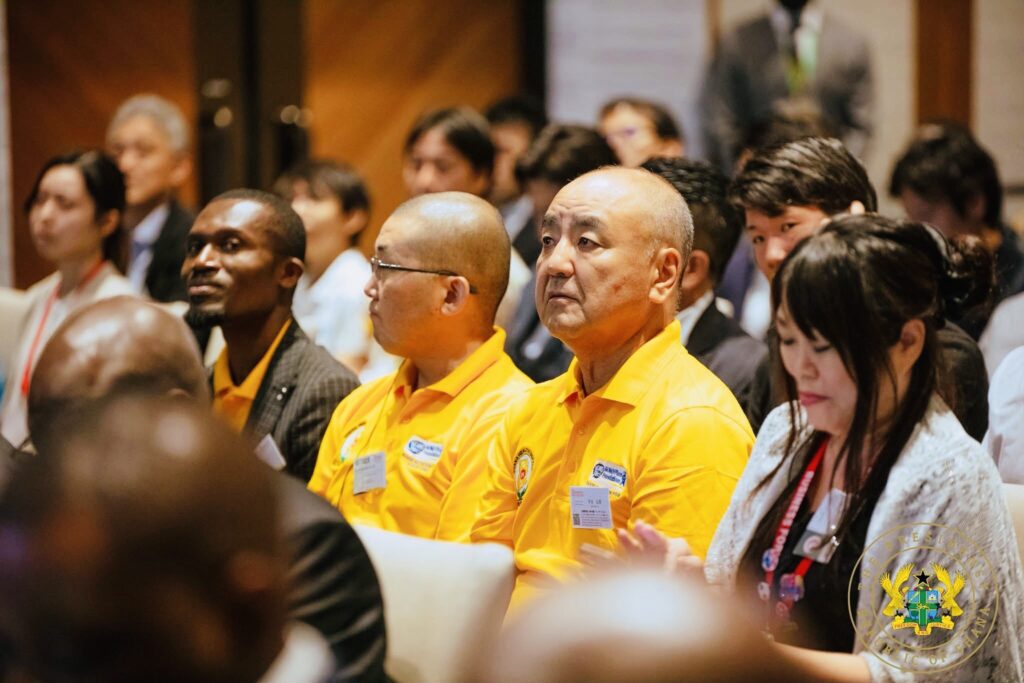
A key aspect of Ghana’s comparative advantage, the President said, is its participation in the West African Power Pool (WAPP), a regional electricity transmission network that interconnects grids across West Africa.
“Because we are members of the West African Power Pool, energy transmission systems are interconnected with our neighboring countries.
“And so, any excess of power we’re able to produce, we can evacuate and sell to our neighboring countries because we have a comparative advantage when it comes to power.”
President John Dramani Mahama
He emphasized that Ghana’s cost of power generation remains lower than that of neighboring states that rely on imported fuel oils, making Ghana a natural supplier for the sub-region.
Energy as a Driver of Investment
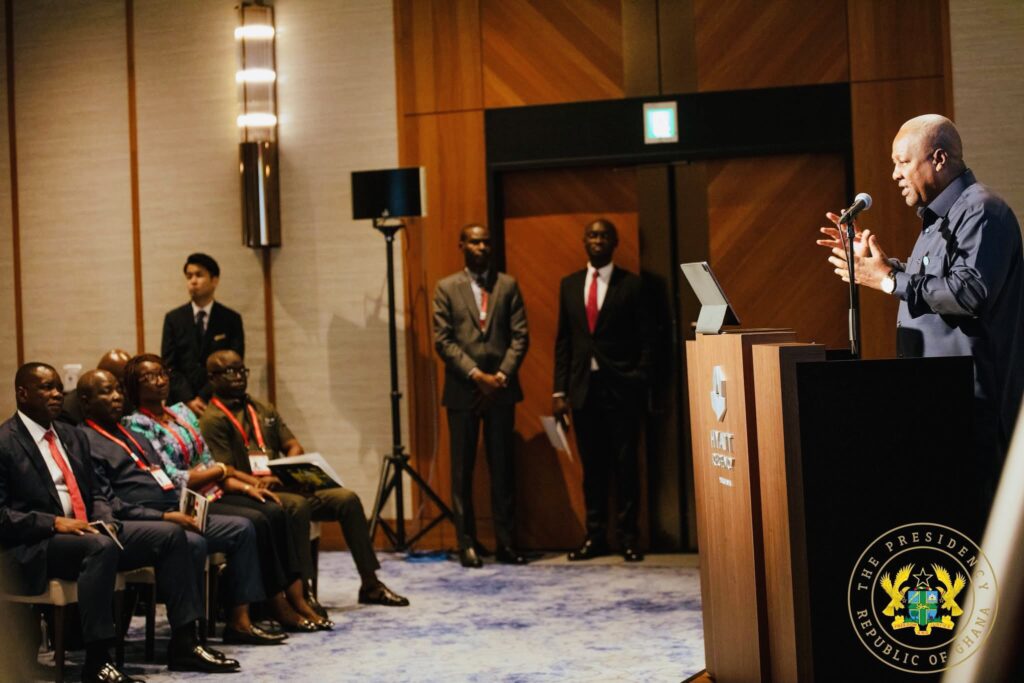
The President’s remarks at TICAD IX come at a time when global investors are increasingly focused on Africa’s energy sector as both a growth frontier and a strategic partner in the global energy transition.
By highlighting Ghana’s integrated energy system spanning hydropower, gas-to-power initiatives, and cross-border electricity trade, Mahama positioned the country as a viable hub for investment in generation, transmission, and renewable energy projects.
“This event is about charting a path where Africa does not just consume but produces energy competitively. Ghana is proud to play its part in that journey.”
President John Dramani Mahama
President Mahama’s vision for Ghana’s energy sector extends beyond domestic electrification to regional leadership.
With growing investments in gas infrastructure, the expansion of renewables, and strategic partnerships under frameworks like TICAD, Ghana aims to balance affordability, sustainability, and export opportunities.
For Mahama, the message to investors was clear: Ghana’s energy sector is ready for business, backed by strong comparative advantages, an interconnected regional grid, and a track record of resilience.
READ ALSO: Ghana Set to Smash All 2025 Economic Targets – IC Research Hails Strong H1 Performance

